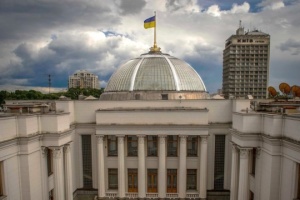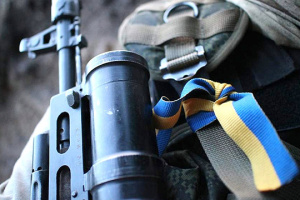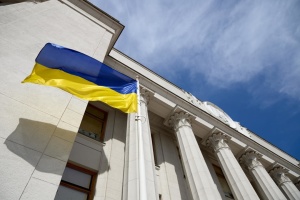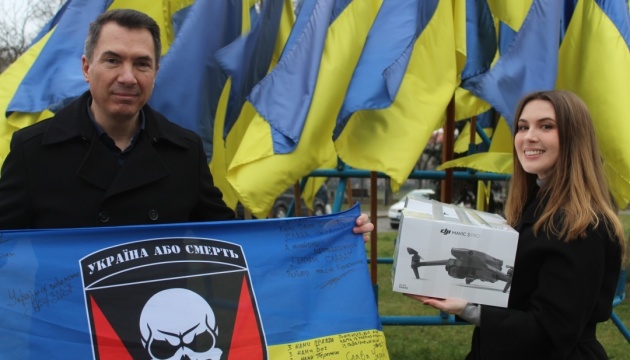
Swiss philanthropists: Ukraine has enough clothes and food, now it needs drones
We met Kseniia and Thorsten Priewe in Uzhhorod: the couple responded to Ukrinform's collection for the Black Cossacks and brought three Mavic drones to Ukraine for the military. The guys have now received the drones via Nova Poshta and are using them on the eastern front.
And Ukrinform asked the benefactors what it is like to volunteer for Ukraine in Switzerland. Is it easy to accumulate donations nowadays and what do the Swiss, who are known for their neutral position on the Russian-Ukrainian war, complain about? Also, what are the challenges small volunteer organizations face at the border when bringing aid to Ukraine, and what could help change this situation.
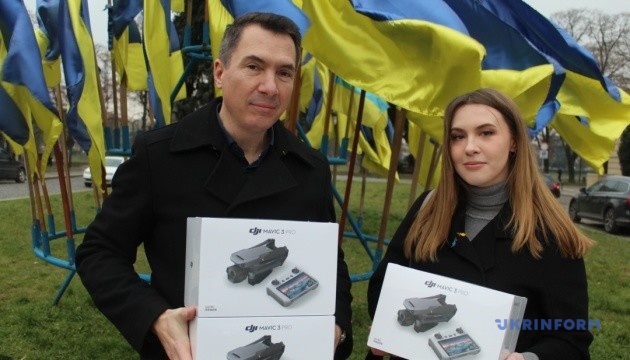
CHRISTMAS GIFT
Before the New Year, Ukrinform wrote about a wonderful Christmas story that happened with our collection for the Black Cossacks. To recap: in early December, the agency announced a collection for three Mavic-3 drones for the 72nd separate mobile brigade, the Black Cossacks. Kseniia and Thorsten Priewe, founders of the volunteer organization Ukrainehilfe (Help for Ukraine), responded to the appeal.
- We saw information about the Ukrinform collection on the agency's website. At the same time, we were approached privately by a man who decided to donate a significant amount of money, more than EUR 10,000, for Christmas, not to spend on his family, but to help Ukraine. Last year, he also made a donation, and we used it to buy generators, which were needed because of the rocket attacks on the Ukrainian energy system. This year, part of the money was also spent on generators, and we used the other part to buy drones and bring them to Ukraine. We understand that the war has now turned into a war of drones and the military really need them. There is no shortage of thermal underwear, clothes or food in Ukraine, but we need to help with drones," says Kseniia Priewe.
I CRIED FOR THE FIRST FEW DAYS, AND THEN WENT TO MY NEIGHBORS TO COLLECT HELP
According to Kseniia, she and her husband founded the charity organization Ukrainehilfe in late February 2022, just a few days after Russia's full-scale war against Ukraine began.
- "After the Russian invasion began, I just cried for a few days. And then I realized that I would either do something and help, or I would just go crazy. So, I went to our neighbors, rang the doorbell and asked: what could you give to Ukraine as a donation? As a result, in a few days we collected our first batch of humanitarian aid and took it to the border of Ukraine with Slovakia.
Kseniia says that it was easy to collect aid back then.
- "There was a different attitude to the war, a different sensitivity - literally right after the foundation of Ukrainehilfe, people started sending money to our charity account. We were one of the first, if not the first, in Switzerland to help Ukraine. Our transports carried clothes and hygiene products for refugees. These were needed by people who fled and were left with nothing, who were starting to live in a new place. Then, in the fall of 2022, it turned into generators. People started sending us money for them. We bought and brought generators from small to industrial ones - some of them went to the front, others to children's institutions and hospitals.
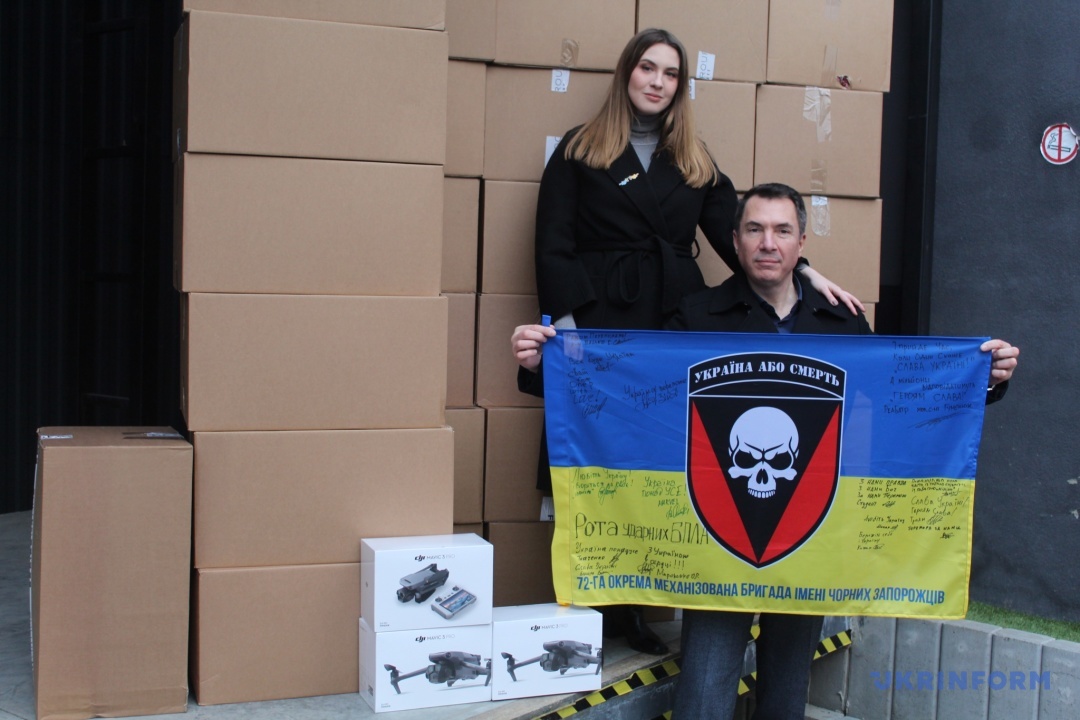
EVOLVED FROM DIAPERS TO DRONES
Until now, Kseniia says, she and her husband have been very careful about collecting and sending things to the front.
- "The Swiss are a neutral nation, so I was very careful with the aid for the military. But hygiene products, clothing - we have all of this in Ukraine, and a lot of it. What is lacking is technical equipment at the front. So we have now evolved, so to speak, from diapers to drones," the woman says.
"I ask the volunteers if they are ready to help the military in Switzerland.
- For the most part, they are not. But there are some people who want to help them. We are lucky now with this story about the Mavicas for the Black Cossacks, when our benefactor himself said: "This is for drones." But as for the other collections, not only ours but also those of other volunteer organizations in Switzerland, it is always about hospitals, children, and refugees, and in no way about military things.
I ask Kseniia who donates large or small amounts to their organization.
- Most of the donations are small amounts, starting from EUR 20 and up to a 100. Sometimes it reaches a 1,000 or 2,000, but not often. However, we have a practice of listing all our donors on our website, regardless of the amount of money they donated. We never mention the amount of the donation.
Kseniia Priewe says that Ukrainehilfe's donors include a variety of people: pensioners, young people, entrepreneurs, small and large private companies. Very different people, the volunteer emphasizes.
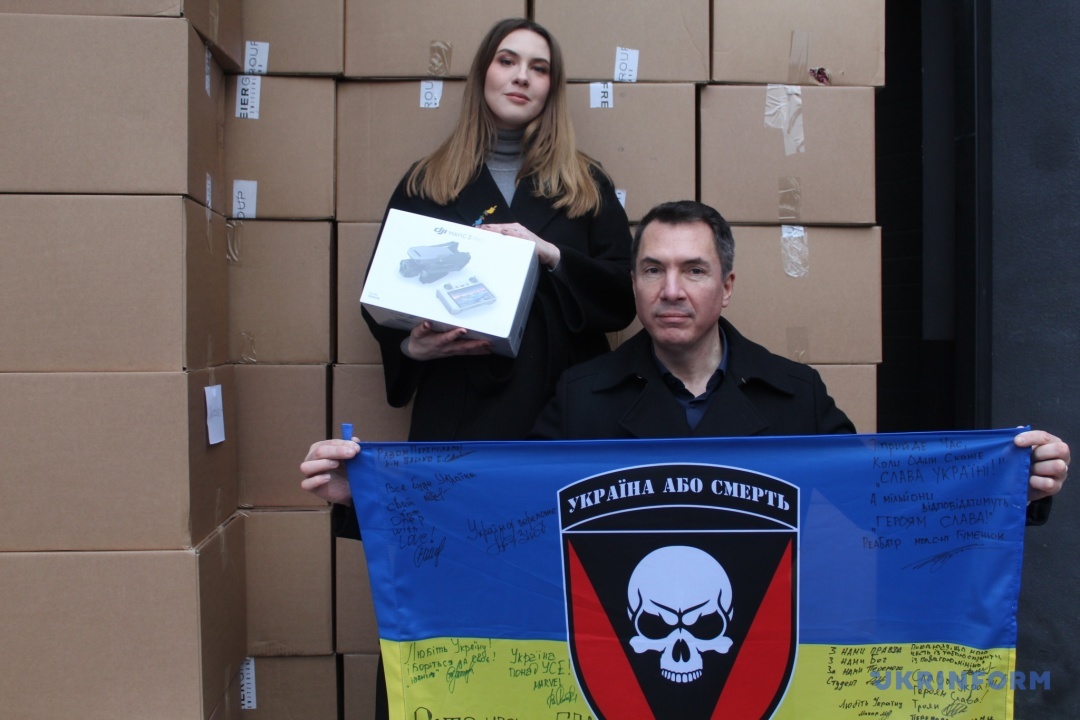
VOLUNTEERING MAKES YOU FEEL THAT YOU ARE NOT LIVING IN VAIN
I ask Kseniia's husband, Thorsten Priewe, what motivates him, a European, to volunteer for Ukraine and its army.
- Of course, the first thing that motivates me is my wife. Before the war started, Kseniia and I visited Ukraine many times. In Kyiv, in her native Kryvyi Rih, even in Genichesk, which is now occupied. So it was a logical step for me to volunteer with her, not just sit in our apartment in Zurich and watch what happens next. When a large-scale war broke out in February 2022, we were scared and frustrated... But the best thing to do in this case is to do something, otherwise you feel powerless. So one day Kseniia just got up and went to the neighbors, and in a few days we had a bus full of things and took them.
Thorsten has been volunteering with his wife since the first week of the full-scale war. Although, he says, they had never done this before. I ask my husband if he likes it.
- "It's hard in the sense that we are not some big organization, we are just the Priewe family. There are only two of us, we have our own jobs. But on the other hand, it gives you the feeling that you are not living in vain and can somehow be useful in the current difficult situation, not just sit around and wait for the war to end. We are becoming more experienced, we are gaining contacts, our friends and acquaintances are no longer just helping to raise money or giving it to us, but asking: what exactly do you need? That's how these three drones appeared.
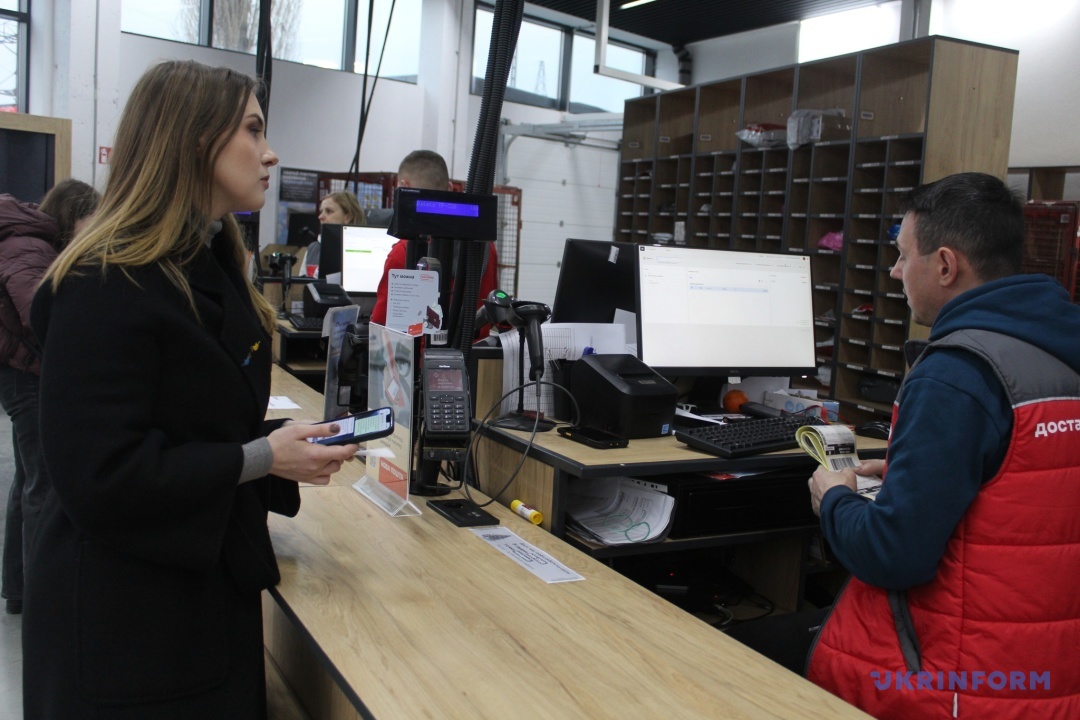
I GREW UP IN WEST BERLIN, I KNOW WHAT THE RUSSIANS ARE LIKE NEXT DOOR
According to Thorsten Priewe, it is the transportation of the aid to the border or across the border that takes the most time.
- "We are lucky with our employers: they are very tolerant of our work and give us a day off if necessary," he says.
The Swiss notes that it is very important for him to be involved in helping Ukrainians now.
- "I was born in West Berlin, and I've had Russians in front of my house all my life, so I know what it's like. Of course, I would hardly volunteer on my own if I didn't have a Ukrainian wife - I would join donations and meetings mostly like everyone else. But beyond that, I realize that this is not only Russia's war against Ukraine. This is Russia's war against the rest of the Western world. I am a European, I grew up in Germany, I live in Switzerland, and I know what Europe means. It means free travel, freedom, respect. I am defending this now in my own way - by volunteering for Ukraine. I am not a soldier and cannot defend it at the front. But I am doing my best in this way," says Thorsten Priewe.
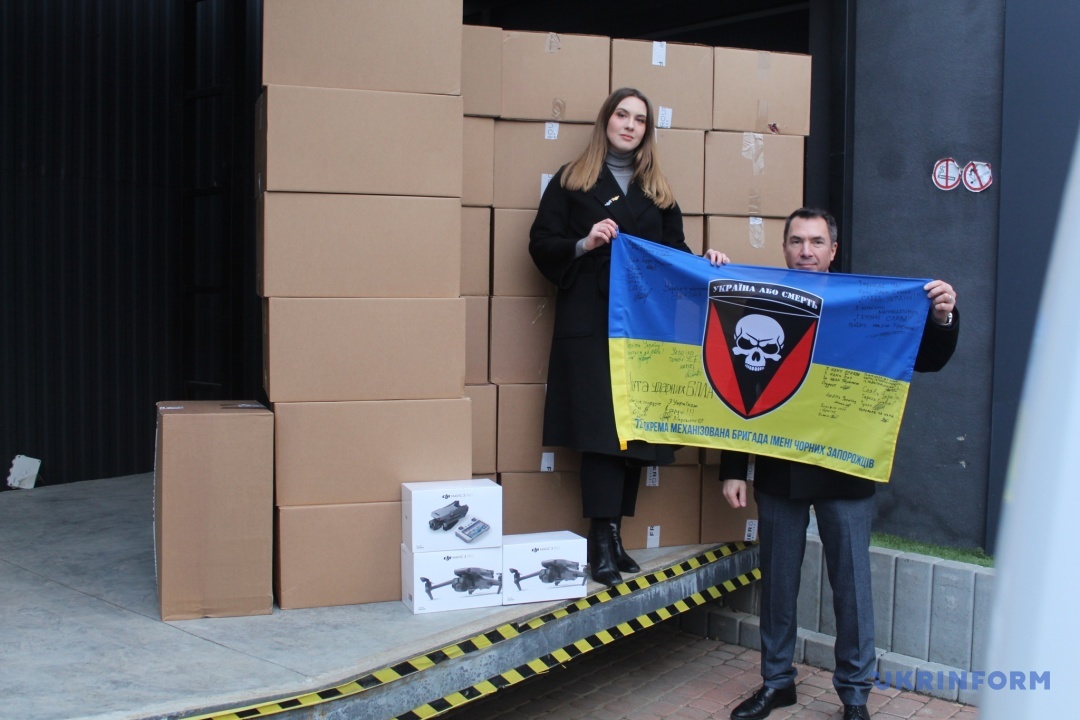
LESS BUREAUCRACY AND MORE ENGLISH ARE NEEDED
Kseniia notes that the biggest problem for their organization is not accumulating funds for the aid or delivering it to Ukraine, but the bureaucracy at the border.
- "It would be nice if all volunteers could just buy what they need, take it to the border and deliver it to Ukraine. Instead, we have to look for documents. Ukrinform journalists helped us with the drones, and we eventually brought them to the Black Cossacks.
But in general, we think it would be great if the website of the government agency that coordinates volunteer supplies had a manual for foreign volunteers. Something like a roadmap - where to start, where to go. Whether you are delivering military aid or civilian aid. If it's military, you need to do this, that, and the other, and also a list of contacts where to get all these documents.
According to Kseniia Priewe, foreign volunteers need help, simplified information, and... English-speaking customs officers.
- "Ukraine has embarked on a course of digitalization, so I would like to see fewer declarations and other papers to fill out at the border. And another thing is the English language. I understand that the customs officers at the Slovak border know Ukrainian and possibly Slovak, but they don't speak English at all! If my husband had been carrying this aid without me, he would have spent eight hours at the border, not three, simply because he would not have been able to communicate with the Ukrainian customs officers.
Therefore, Swiss volunteers from Ukrainehilfe say they hope to see less bureaucracy and more English on our border when the next shipment of aid to Ukraine arrives.
Tetiana Kohutych, Uzhhorod
Photo by the author

